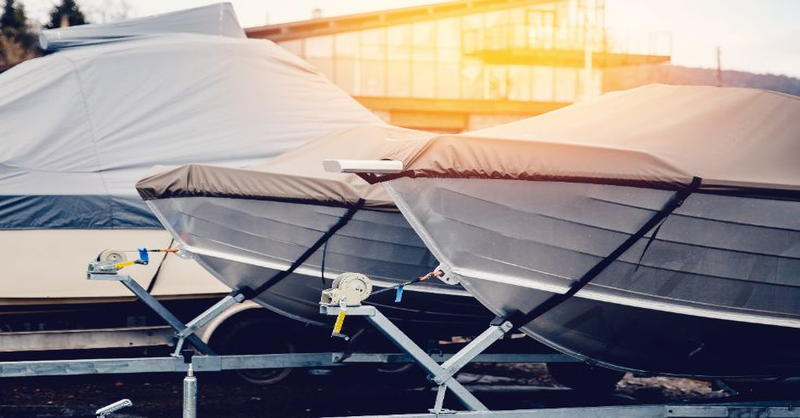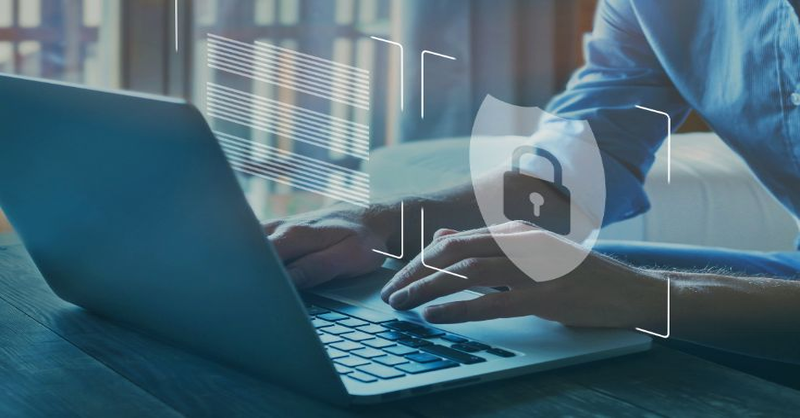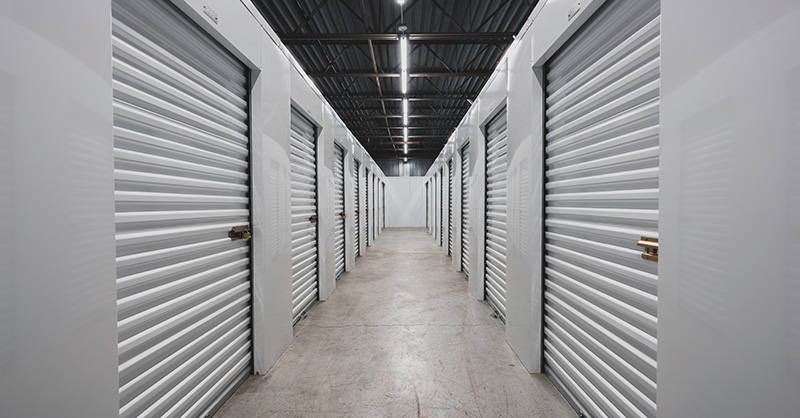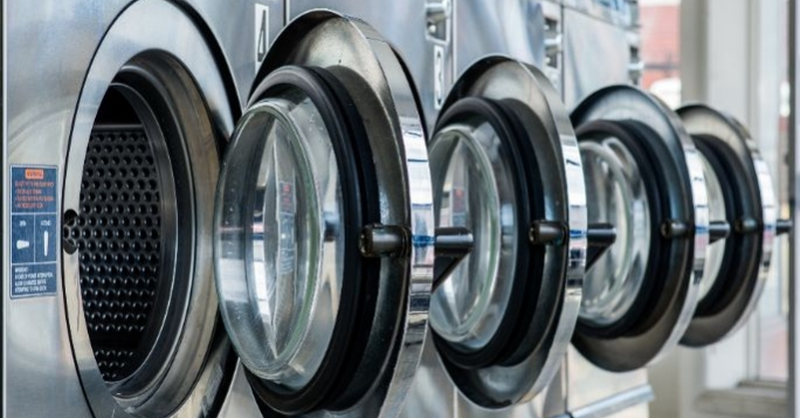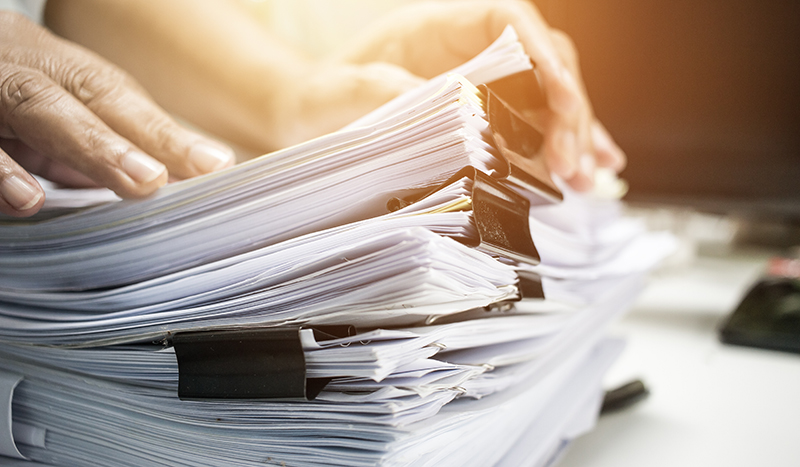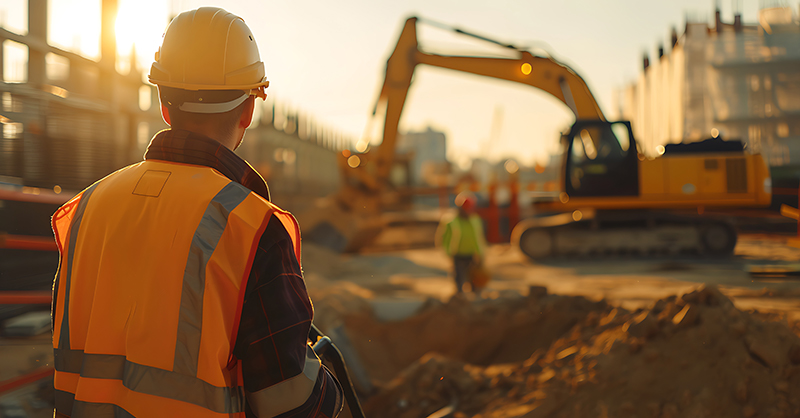Environmental Coverage for Transportation and NODS: An Important Shield of Protection
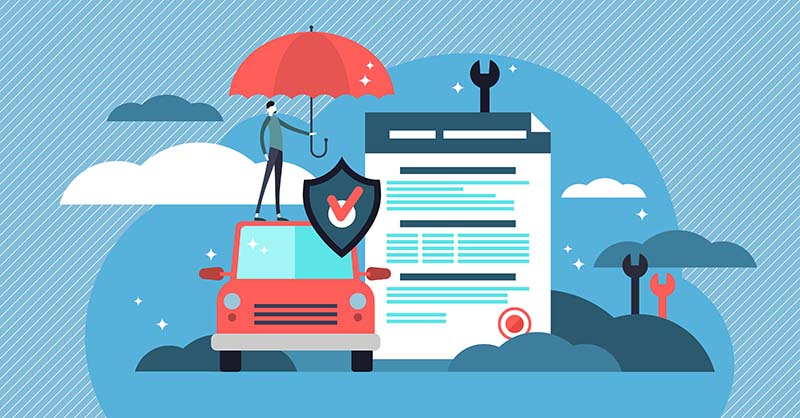
Great American Environmental is proud to offer exclusive environmental insurance products to a wide variety of commercial customers. Seeking protection with Great American not only offers your clients environmental relief against financially devastating pollution events but also grants them access to numerous services benefits.
Did you know? In addition to our primary coverage for bodily injury, property damaged, legal expenses and clean-up costs resulting from pollution conditions tied to contracting services and covered locations, we also offer a competitive lineup of built-in protection for contingent transportation and non-owned disposal site (NODS).
The extra shield of protection for transportation and NODS coverage differentiates Great American Environmental and most importantly, allows our underwriting professionals to uniquely craft solutions to best fit the needs of your clients!
Contingent Transportation Coverage
Covers clean-up costs and related legal expenses resulting from pollution conditions arising from the insured’s goods, products or waste during the course of transportation by a carrier to or from:
Including any loading or unloading of such goods, products or waste, which the insured becomes legally obligated to pay as a result of a claim. |
Policy Enhancements
In addition to the standard policy coverage listed above, we offer the following enhancements to tailor unique transportation solutions:
- Ability to endorse first-party coverage
- Occurrence coverage
- Broad definitions of “carrier” and “automobile”
- Illicit abandonment coverage (within definition of pollution condition)
Why is this coverage important?
Essentially every industry requires some form of logistics or transportation management to properly operate a facility. With transportation comes countless environmental concerns that require proper coverage, whether these concerns occur during the loading and unloading of goods or materials, or during the course of transportation to or from a job site or a covered location. These situations are often unpredictable and uncontrollable; without this coverage in place, potential clean-up and legal expenses could get costly. Consider the following scenarios…
A facility which performed manufacturing and food processing operations used a nearby railway to transfer products and other supplies to vendors. While loading the bulk freight onto the rail, the tank car, which contained processing substance, overturned and the waste was released into the surrounding soil.
A warehouse owner and operator routinely generated small quantities of hazardous material and hired a third-party to pick up and dispose of the waste accordingly. Instead of successfully transporting the hazardous material to the nearby landfill waste treatment center, the third-party abandoned the drums on the side of a road. The drums were discovered by a nearby site owner, who was able to trace the origin of the hazardous material back to the warehouse owner/operator. The owner of the warehouse was held liable for the clean-up costs and legal expenses.
A farm owner was driving their tractor to a nearby farm facility up the road. While in transit, the tractor struck a pipe protruding from the ground, damaging the tractor which caused fuel from the tractor to release to the ground surface and into a storm drain. The release impacted both the soil around the vehicle and the adjacent storm drain.
A contractor was transporting a load of site waste to a nearby landfill. While in transit, the truck overturned on the highway causing the waste to spill into a nearby creek protected by a local wildlife preservation organization. The organization filed a lawsuit, and the contractor ended up facing fines and clean-up costs.
Non-Owned Disposal Sites (NODS)
Covers clean-up costs and related legal expenses resulting from pollution conditions on, at, under or migrating from a non-owned disposal site. |
Policy Enhancements
In addition to the standard policy coverage listed above, we offer the following enhancements to tailor unique transportation solutions:
- Occurrence coverage
- Blanket per definition (no need to schedule)
Why is this coverage important?
Non-Owned Disposal Sites (NODS) are facilities to which owners, operators or contractors take waste. Owners of facilities which generate and dispose of waste may be liable for the clean-up of the disposal site, in the event of improper disposal and contamination. Obtaining NODS coverage grants your clients protection against legal liability arising out of pollution conditions at the non-owned disposal site. Anyone who generates and disposes of waste has a NODS exposure, and the value of this coverage is not often seen until it is too late. Consider the following scenarios…
A small commercial contractor who specialized in retrofits had been disposing of construction debris at a local non-hazardous municipal solid waste landfill for years. A government investigation found numerous pollutants had migrated from the landfill to a nearby property. The contractor, along with numerous other entities were named as Potentially Responsible Parties. A claim made by the EPA indicated that expected clean-up costs would be in the millions.
Waste generated from a manufacturing facility was routinely transferred to a hazardous landfill. A downgradient property owner began to complain that waste material generated from the landfill was starting to migrate and leach into the property’s drinking water source. The property owner later filed a formal complaint resulting in state investigators getting involved to determine the Potentially Responsible Parties.
Coverage for pollution conditions arising from transportation and NODS is essential across all industries. These coverages are offered across all of our policies, rounding out an environmental policy fully protective of your clients’ risks.
I encourage you to reach out to me or our underwriting team to further discuss how we can best shield your clients from these hazards.
The claims scenarios depicted above illustrate the variety of environmental exposures your clients may face. All situations are unique! The terms, conditions, exclusions, and limitations in any policy may vary. Our team of experienced underwriters, dedicated claims handling unit and technical support staff understands these unique environmental exposures and can work with you to help tailor a policy to find acceptable coverage and claim solutions for your clients!
To help you address these as well as other environmental exposures with your clients, visit our Claims Scenario Library. You can find more examples illustrating the various environmental exposures that could affect your customers!
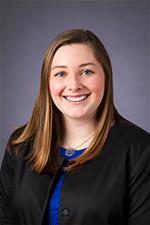

Erin Mitton, Production Underwriting Specialist
[email protected] | 484-212-7709
Great American Environmental Division
Erin is a Production Underwriting Specialist with Great American’s Environmental Division. In her role, she is responsible for evaluating risk to determine coverage for multiple environmental liability insurance policies. She earned her Master of Business Administration with a focus on environmental compliance and sustainability from Southern New Hampshire University and her Bachelor of Science in environmental science with a dual-minor in sustainability studies and public health from Muhlenberg College. Erin brings a modern knowledge of the environmental sector to the team and is based out of the Exton, Pennsylvania office.
